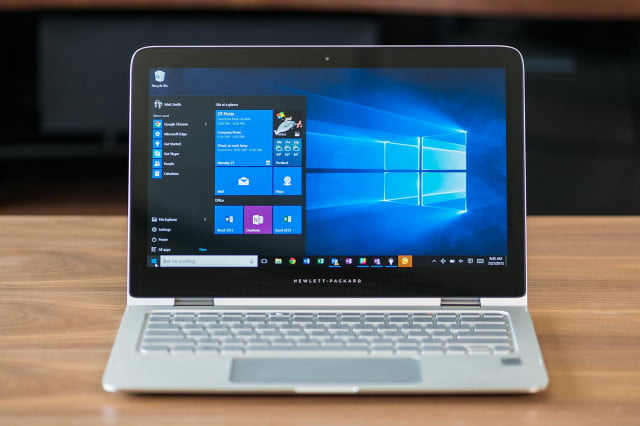
The company is making some changes to the setup process to ensure that users are able to fine-tune their privacy settings right from the outset, according to a blog post published September 13. A privacy statement will be available during the procedure, and a page on the privacy settings screen entitled “Learn More” will feature easy access to the various topics covered in the statement.
The update will also add more granular control over what aspects of a device’s functionality individual apps can access. Windows 10 already asks for the user’s permission when software or services want to use location data, but now similar prompts have been put in place for the camera, microphone, contacts, and calendar, as well as some other items.
These new prompts will only apply to apps installed after the release of the Fall Creators Update, but permissions for existing apps can be found in the Privacy section of the Settings menu.
In response to a request from business customers, Microsoft is also introducing the option to significantly limit the amount of diagnostic data shared with the company. It will now be possible to reduce the information that’s beamed back to the company down to the minimum of what’s required for Windows Analytics, a service that provides insights into the cost of deploying and maintaining Windows 10.
The Creators Update for Windows 10 — which launched in April — also made privacy a big priority, offering up more information on what data was being collected, as well as options that allowed users to share less information about their system. It’s great to see Microsoft continue to expand these privacy options, and further pursue its transparency efforts.
The Fall Creators Update for Windows 10 is expected to start rolling out on October 17, and will be a free download for anyone currently running the Creators Update on their device.
Editors' Recommendations
- Scores of people are downgrading back to Windows 10
- The next big Windows 11 update has a new hardware requirement
- Microsoft announces a new threat to push people to Windows 11
- Beware! The latest Windows 11 update might crash your PC
- Microsoft may fix the most frustrating thing about Windows updates


